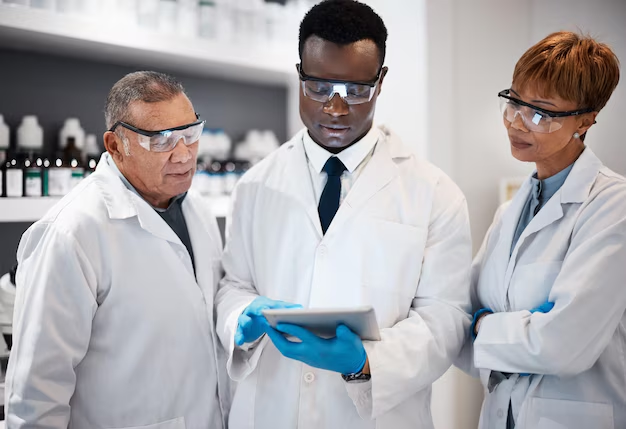How to Become a Pharmaceutical Representative: Essential Education and Certification
Embarking on a career as a pharmaceutical representative can open the door to an engaging field that bridges healthcare and sales. While a specific degree isn't typically mandated, a foundation in science or business proves advantageous. Many employers prefer candidates with a bachelor's degree in fields such as Biology, Chemistry, or Business Administration. These disciplines provide the critical thinking and communication skills necessary for effectively conveying complex drug information. Furthermore, specialized certifications, such as the Certified Sales Professional (CSP) or Medical Sales College's training programs, can enhance your resume, demonstrating a commitment to professional development. For those seeking to differentiate themselves in the industry, acquiring advanced degrees like an MBA or a master's in Pharmaceutical Business equips you with leadership skills and an in-depth understanding of market dynamics.
To help guide your educational journey, consider these pathways:
- 🎓 Bachelor's Degree
- Biology
- Chemistry
- Business Administration
- 📜 Certifications
- Certified Sales Professional (CSP)
- Medical Sales College programs
- 🎓 Advanced Degrees
- MBA (Master of Business Administration)
- Master’s in Pharmaceutical Business
